In wake of tragedy in places of worship, faith leaders come together to discuss challenges
The leaders of churches and a synagogue that were attacked come together.
Monday marks the fourth anniversary of the shooting at the Emanuel A.M.E. Church in Charleston, South Carolina.
Nine black people were shot dead at a bible study by a racist gunman hoping to start a race war.
After the terrible tragedy, some of the victim's family members tried to apply their faith quickly in extraordinary ways, according the church's pastor Rev. Eric Manning, who told ABC News that he saw the strength in families right after the shooting.
During the shooter’s bond hearing, days after the the shooting occurred, a family member told the shooter she forgave him.
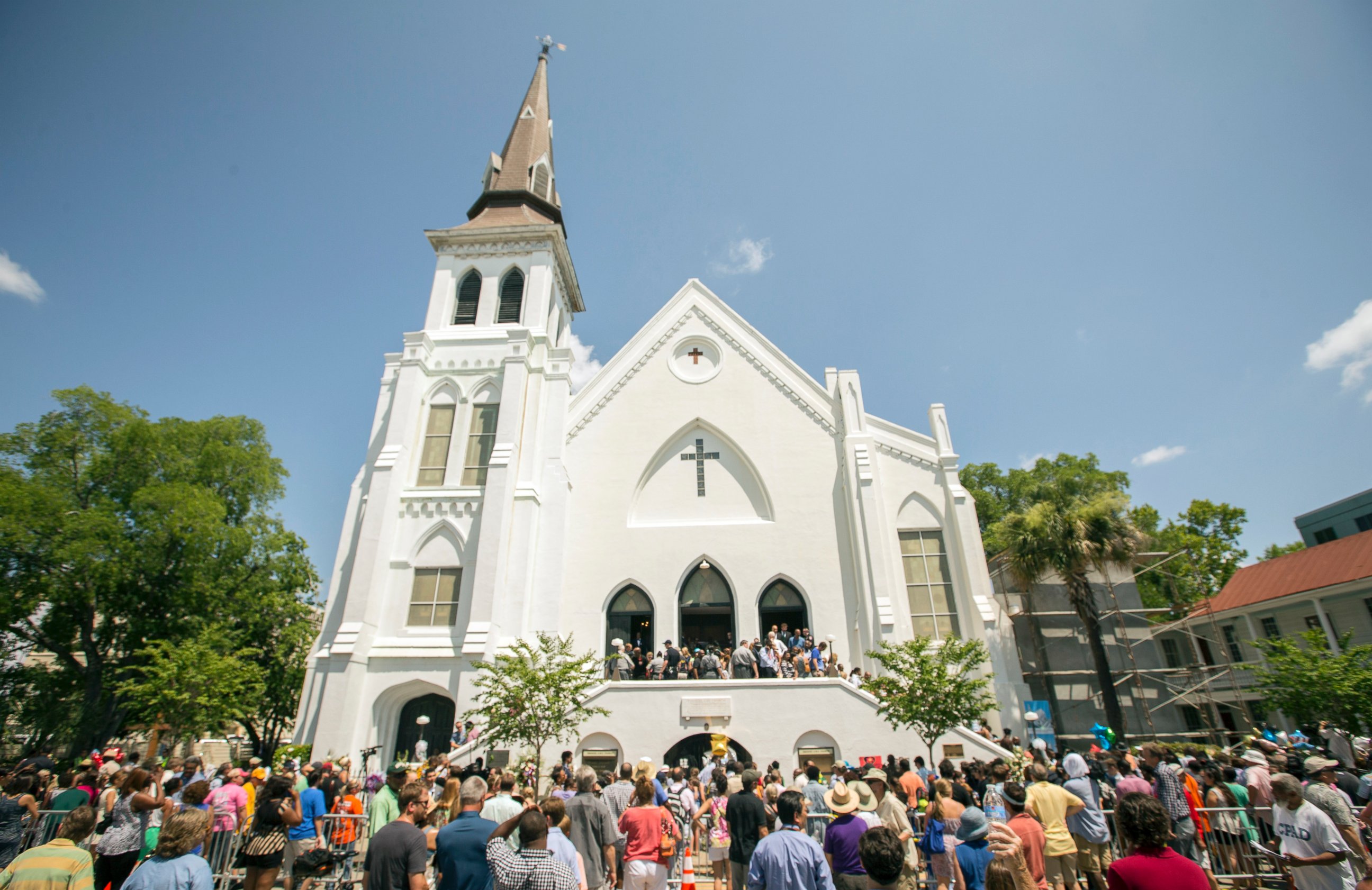
"We have not seen that level of forgiveness so quickly. Usually, of course, it takes some people some time, and I said before some members of Mother Emmanuel have not even gotten there yet,“ Manning told ABC News in an exclusive interview.
Manning, as well as those affected by two other mass shootings at American houses of worship, sat down with ABC News while they were in the nation's capital.
At a briefing last month, an FBI counterterrorism official said the bureau is seeing an increase in "people who advocate for the supremacy of the white race." Since the Pittsburgh shooting, where the gunman allegedly shouted anti-Semitic threats as he killed worshipers, the bureau has seen a 30% increase involving these types of cases. The FBI tracks hate crimes and religion is one of the primary categories. People of faith were targeted in nearly 21% of cases in 2017, according to the FBI.
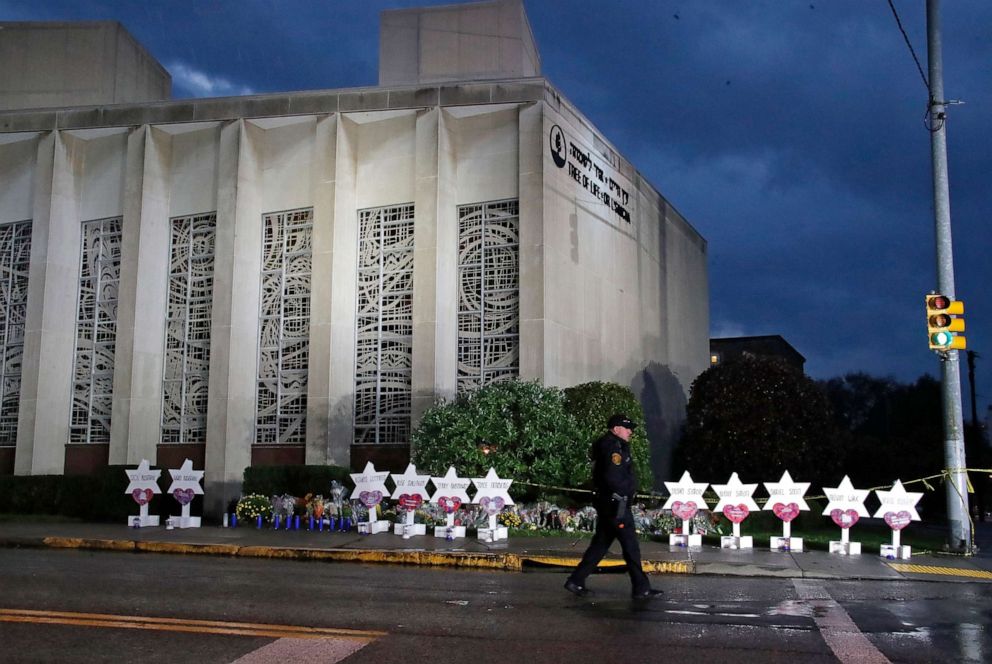
These leaders came to Washington D.C. to speak at the National Cathedral with religious leaders in the city about how to prepare their own congregations for a targeted attack and how to rebuild afterward. The event was organized by the city's Homeland Security and Emergency Management Agency.
Allan Hausman, the vice president of the Tree of Life Synagogue in Pittsburgh, where 11 people were killed in October 2018, told ABC News that "people are scared right now" and every similar shooting reopens old wounds.
"It essentially just opens the wounds again. It's really really hard to see your folks almost reliving the entire event right when they were getting to a point where they were beginning to learn how to deal with it," he said.
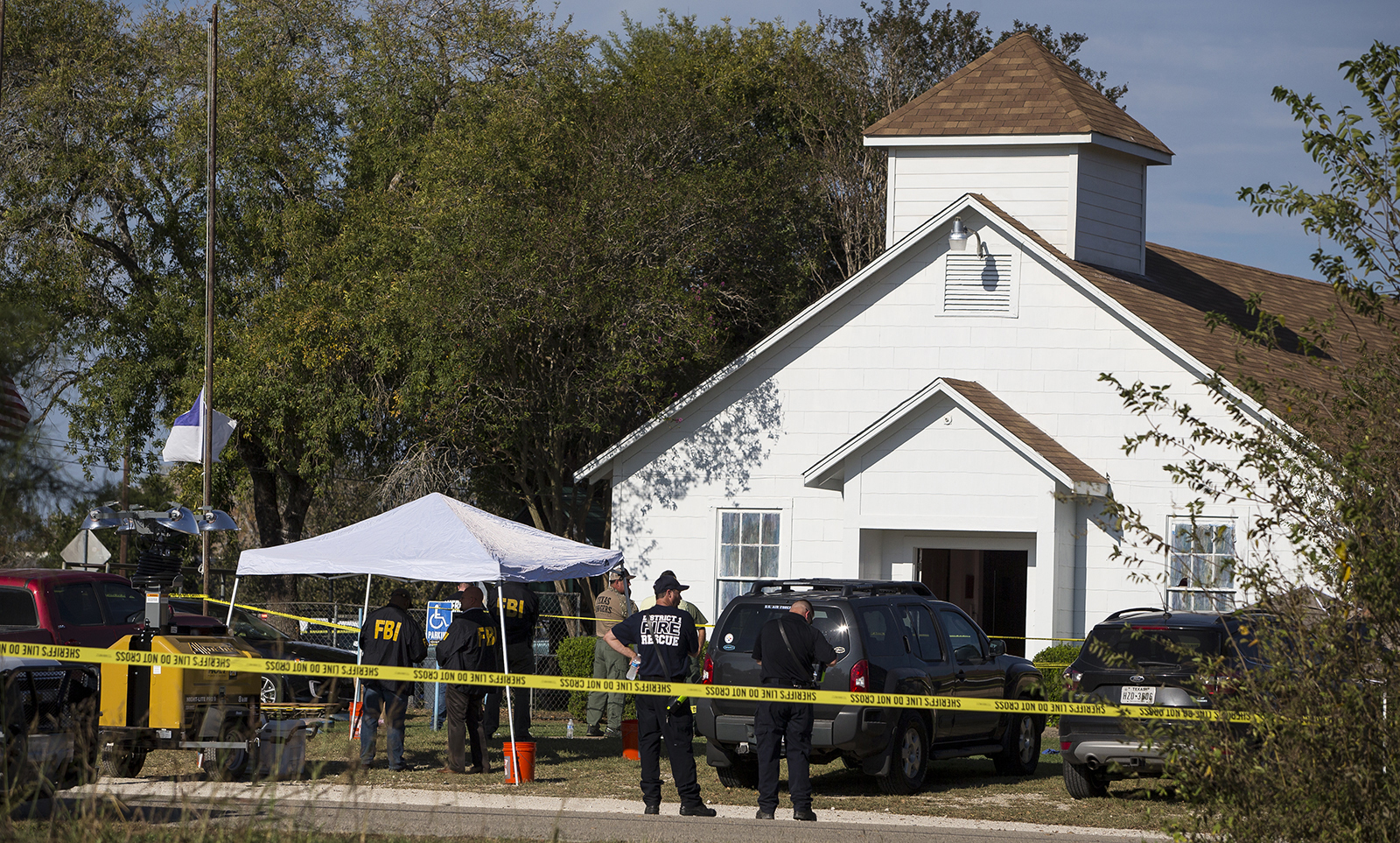
Sadly, these congregations still receive threats frequently and felt the need to beef up security in their houses of worship.
Frank Pomeroy, the pastor at the First Baptist Church in Sutherland Springs, Texas, said their congregation constantly gets threats from conspiracy theorists who personally attack him and say the shooting was an effort to take away guns. Some even theorize about his daughter Annabelle, one of 26 churchgoers who were killed in November 2017.
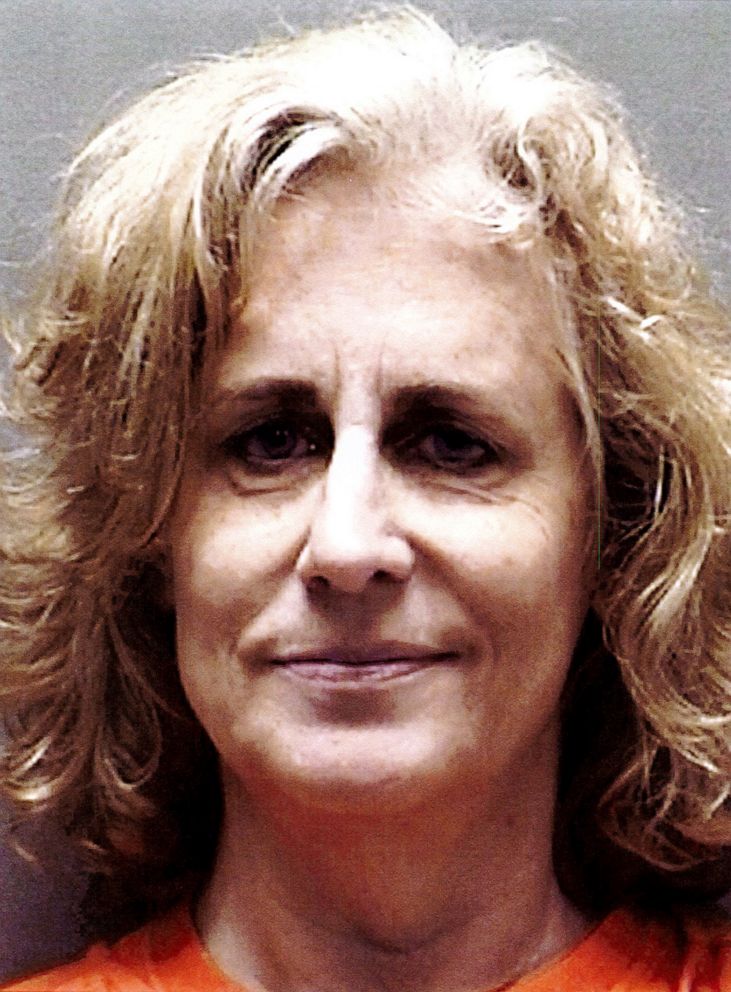
"I have been told by some that Annabel never existed. And by some [that] I've human trafficked her away," Pomeroy said.
Some threats allegedly came from Jodie Mann and Robert Ussery, who prosecutors say go by the names Conspiracy Granny and Side Thorn — both are now facing federal gun charges and county trespassing charges.
The threats have led to a financial cost, Manning said, "so it comes out of our tithing offerings and as part of the operating costs of the church."
"We have security protocol that details what to do when we receive emails that are threatening," Manning continued.
But with all the pain and challenges, the worship leaders have been struck by the resilience of their congregations.
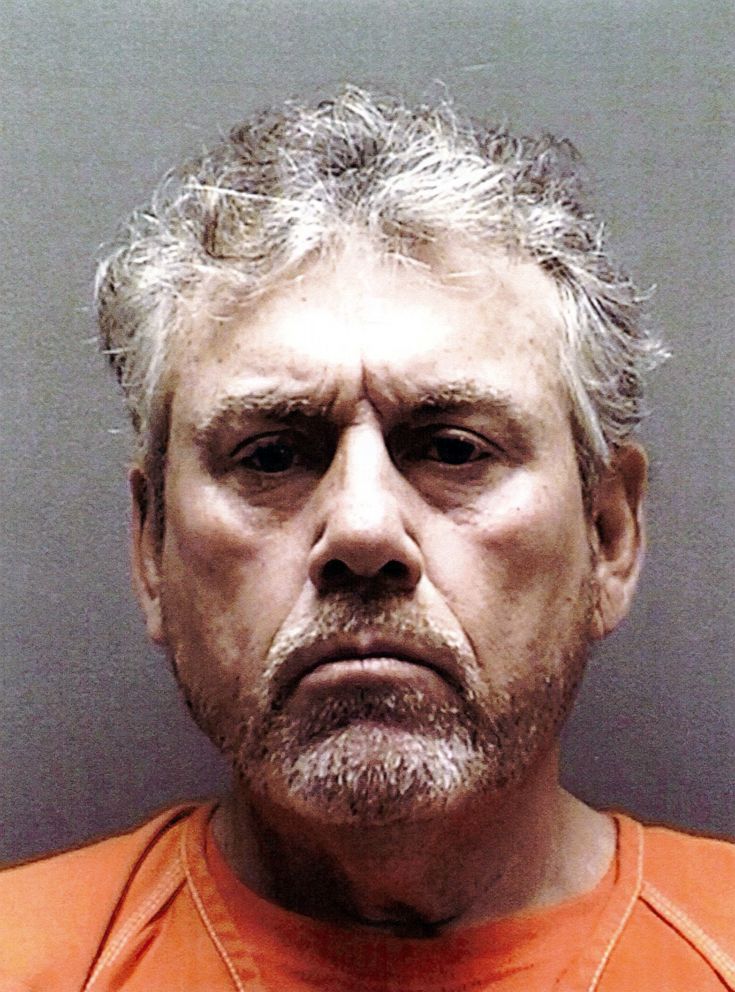
"How do you heal? You watch others that inspire you. I watch Jenni, who had her 18-month-old baby in her arms and lost her and her husband, and I see she gets up every day," Frank Pomeroy's wife, Sherri Pomeroy, said.
"How can I disappoint Jenni and not get up and heal? I can just honor those that have gone ahead by walking in their footsteps," she said.
And through that forgiveness comes hope.
"If we stop spreading hope, then we let evil win," Sherri Pomeroy said.
"If you choose hope and mercy and grace over pessimism and hate and divisiveness," Frank Pomeroy added, "you're going to heal and you're going to be able to move forward."




